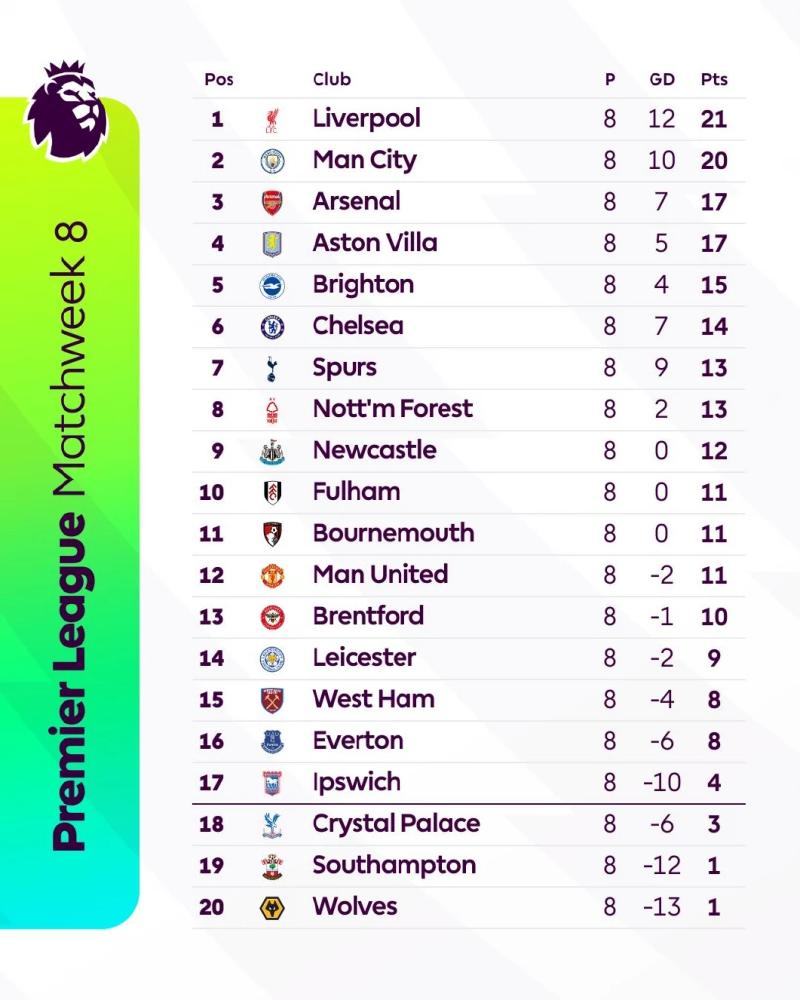Meta Tests “Community Notes” to Replace Fact-Checkers: A New Era in Content Moderation
Meta, the social media giant behind Facebook, Instagram, and Threads, has announced a significant shift in its approach to content moderation. Beginning next week, the company will begin testing a new feature called Community Notes across its platforms in the United States. This move marks a departure from Meta’s previous reliance on third-party fact-checkers, signaling a new era of crowd-sourced content moderation. As Meta moves forward with this innovative solution, questions regarding its efficacy, challenges, and potential impact on the broader digital landscape remain at the forefront of discussions. In this article, we’ll delve into the details of Community Notes, its potential benefits and risks, and its implications for Meta and the social media industry.
The Evolution of Content Moderation at Meta
For years, Meta has faced criticism over how it handles content moderation. One of the most significant challenges the company faced was accusations from conservatives, particularly supporters of former President Donald Trump, about the alleged stifling of free speech under the guise of combating misinformation. These complaints were often centered around the idea that conservative voices were being censored, a claim that fact-checkers and researchers vehemently denied. In response, Meta has made several adjustments to its policies, including scaling back diversity initiatives and relaxing content moderation rules on Facebook and Instagram, especially regarding certain forms of speech.
Meta’s original solution to tackling misinformation was its partnership with third-party fact-checking organizations, such as Agence France-Presse (AFP). These organizations worked to identify and flag false or misleading content. However, this approach often faced backlash, with critics accusing these fact-checkers of bias and raising concerns about the effectiveness of the system. As a result, Meta began exploring alternative ways to combat misinformation, eventually landing on Community Notes, a system that shifts the responsibility for content moderation from professional fact-checkers to the platform’s user base.

What Are Community Notes?
Community Notes is Meta’s new feature that allows users on Facebook, Instagram, and Threads to contribute by writing and rating contextual notes on content. The idea is to harness the collective knowledge of users to address false or misleading content without the intervention of third-party organizations. The feature will enable users to write short notes (limited to 500 characters) to provide context, add clarity, or correct inaccuracies in content they believe is misleading. These notes will then be rated by other users, and only those that receive a consensus across differing viewpoints will be made public.
Unlike traditional fact-checking, which often resulted in flagged content facing reduced distribution or penalties, Community Notes does not impose any penalties on flagged posts. This means that content with a Community Note will not be subject to distribution restrictions, a key difference that distinguishes Meta’s new system from its previous approach.
The feature is currently in a testing phase, and approximately 200,000 users have already signed up to participate in the United States. To ensure that participants are reliable, the program only allows contributors who are over 18, have accounts that are at least six months old, and are in good standing. During the testing period, Community Notes will not immediately appear on content; instead, Meta will gradually admit users from a waitlist to thoroughly test the system.
The Goals of Community Notes
Mark Zuckerberg, Meta’s CEO, first announced the Community Notes feature in January. At the time, he emphasized that the new approach was designed to create a more open and transparent system for moderating content. One of the main goals of Community Notes is to reduce Meta’s reliance on external fact-checking organizations, giving more power to the platform’s users to make judgments about the accuracy of content. In doing so, Meta hopes to shift away from being an “arbiter of truth” and instead promote more democratic, user-driven content moderation.
While Community Notes are still in the testing phase, Meta is already planning for the feature’s eventual rollout to a wider audience. The feature is initially available in English, Spanish, Chinese, Vietnamese, French, and Portuguese, but Meta plans to expand it to other languages in the future. The company has made it clear that the feature will only be available in countries where third-party fact-checking programs are not in place. For the time being, Meta will continue to rely on its existing fact-checking partnerships in countries outside the U.S.
Potential Benefits of Community Notes
The introduction of Community Notes comes with several potential benefits, both for Meta and its users. One of the most significant advantages is the shift from a centralized, top-down approach to moderation to a more decentralized model. By empowering users to contribute to content moderation, Meta hopes to create a more transparent system where the community plays a direct role in ensuring the accuracy of information. This shift could lead to a reduction in accusations of bias and censorship, as the content moderation process becomes more democratic and inclusive.
Another potential benefit is that Community Notes could improve the accuracy of information shared on Meta’s platforms. Research has shown that crowd-sourced fact-checking can be an effective way to combat misinformation, especially in cases where there is broad consensus on the truth. For example, studies have demonstrated that Community Notes can help dispel vaccine misinformation and other widely debunked falsehoods. By allowing users to write and rate notes on content, Meta hopes to create a system that can quickly correct inaccuracies and prevent the spread of false information.
Additionally, Community Notes could foster more constructive and informed discussions on social media platforms. By allowing users to engage with content in a meaningful way, the feature may help encourage critical thinking and a more thoughtful exchange of ideas. This could lead to a more informed user base and a healthier online environment overall.
The Challenges of Community Notes
Despite the potential benefits, there are several challenges and risks associated with Community Notes. One of the biggest concerns is the possibility of partisanship influencing the content moderation process. As noted by experts, Community Notes systems on other platforms, such as X (formerly Twitter), have often been driven by partisan motives, with users targeting content from political opponents rather than focusing on accuracy. If Meta’s system becomes susceptible to similar biases, it could undermine the effectiveness of Community Notes and lead to further polarization on the platform.
Another challenge is the issue of misinformation and disinformation campaigns. While Community Notes can be effective in addressing content where there is broad consensus, they may struggle in more contentious areas where the truth is harder to discern. In cases of complex or nuanced issues, there may be disagreements among users about what constitutes accurate information, making it difficult for the system to function effectively.
Furthermore, Meta’s reliance on a crowd-sourced approach could lead to a lack of accountability. Without professional fact-checkers overseeing the process, there is a risk that Community Notes could be misused by bad actors to promote false or misleading narratives. In the absence of a clear regulatory framework, Meta will need to carefully monitor the feature to ensure that it does not become a tool for spreading misinformation.
The Future of Community Notes
Meta’s Community Notes feature represents a significant shift in the way social media platforms approach content moderation. By shifting the responsibility to users, Meta hopes to create a more transparent and democratic system for addressing misinformation. However, the success of Community Notes will depend on its ability to balance accuracy, fairness, and accountability. As Meta continues to test and refine the feature, it will be important to monitor its impact on the broader digital landscape and evaluate whether it can truly replace traditional fact-checking systems.
In conclusion, while Community Notes has the potential to revolutionize the way content is moderated on Meta’s platforms, it also faces significant challenges. As Meta moves forward with the testing phase, it will be essential to assess how well the feature works in practice and whether it can meet the high standards of accuracy and impartiality required for effective content moderation. Only time will tell if Community Notes can live up to its promise and reshape the future of content moderation on social media.
See other articles:
บาคารา 66: การเล่นเกมคาสิโนออนไลน์ที่ได้รับความนิยมสูงสุด
เล่นบาคาร่าออนไลน์: คู่มือเบื้องต้นในการเล่นและกลยุทธ์ที่ช่วยให้ชนะ















